Meet the staff from Philosophy, Religion and Ethics
Meet our staff from the philosophy, religion and ethics courses, find out what has inspired them in their own work and some of their amazing work outside of life at the University of Wolverhampton.
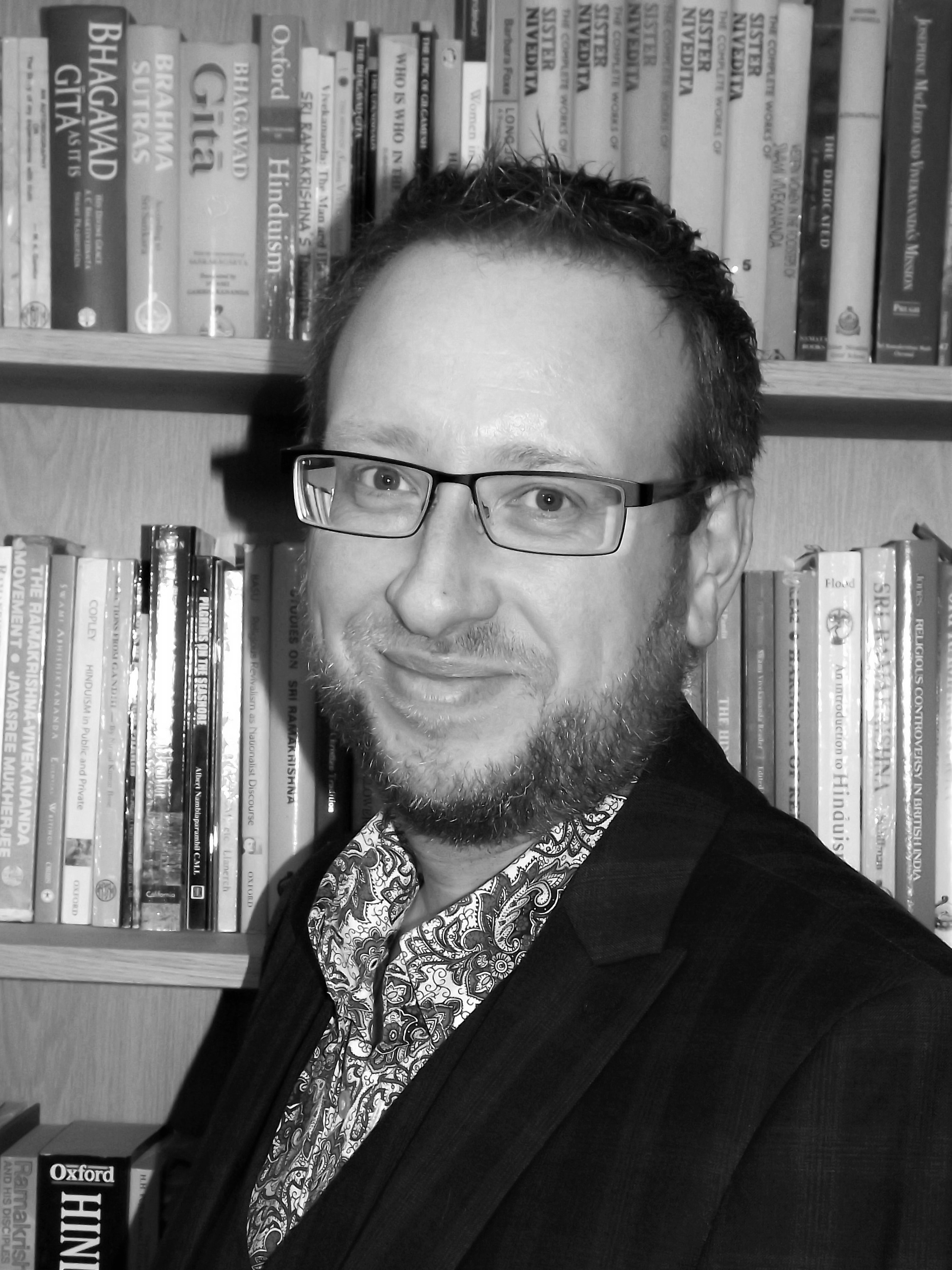
Dr Steven Gregg- Joint course leader and Senior Lecturer in Religious Studies
Dr Stephen E. Gregg is Subject Lead for Philosophy, Religion and Ethics at Wolverhampton and has been elected President of the British Association for the Study of Religions for 2021-24. With a research background in Hindu Philosophy, Interfaith Dialogue and New Religious Movements, and teaching expertise in Christianity and Atheism, Stephen is interested in religious communities that are often overlooked - minority religions, or minority communities within larger traditions, and contested or complicated religious identities. Stephen also works on method and theory in the Study of Religion and Religion and Performance.
He has published with the world's leading academic presses and has lectured on four different continents. His work on Lived Religion is used by undergraduate courses in numerous countries, and he regularly consults at national and international level through his work with the BASR.
Current research projects include a long-term fieldwork study of a Guru community in Wales, and upcoming projects on Religion and Humour, Religion and Stage Magic, and Everyday Religion in Interdisciplinary Contexts. Stephen became fascinated by religion as a teenager, especially dialogue between religions and mixed religious identities, and feels lucky to have researched and spent time with religious communities all around the world.
Dr Alan Bailey - Joint Course Leader and Senior Lecturer in Philosophy
I first became interested in philosophy as a result of debates at school about the existence of God. This led to my abandoning initial plans to study economics at university in favour of studying philosophy, first at Cambridge and then at York and Oxford. My first teaching post was that of College Lecturer and Director of Studies in Philosophy at St Peter’s College, Oxford, and I took up the post of Senior Lecturer in Philosophy at the University of Wolverhampton in 2019.
I remain committed to the principle that extraordinary claims require extraordinary evidence, and I have published and edited books on epistemology, philosophy of religion, and the philosophy of David Hume. My most recent co-authored book is ‘Hume’s Critique of Religion: Sick Men’s Dreams’, and my teaching at Wolverhampton encompasses modules on ethics, epistemology, and the history of philosophy.
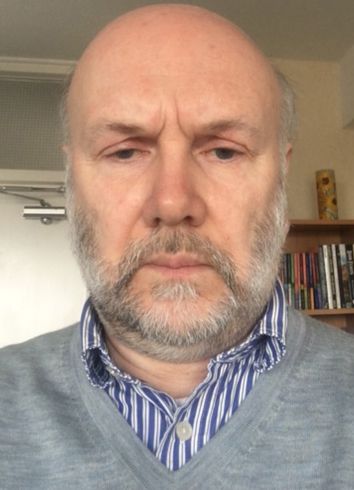
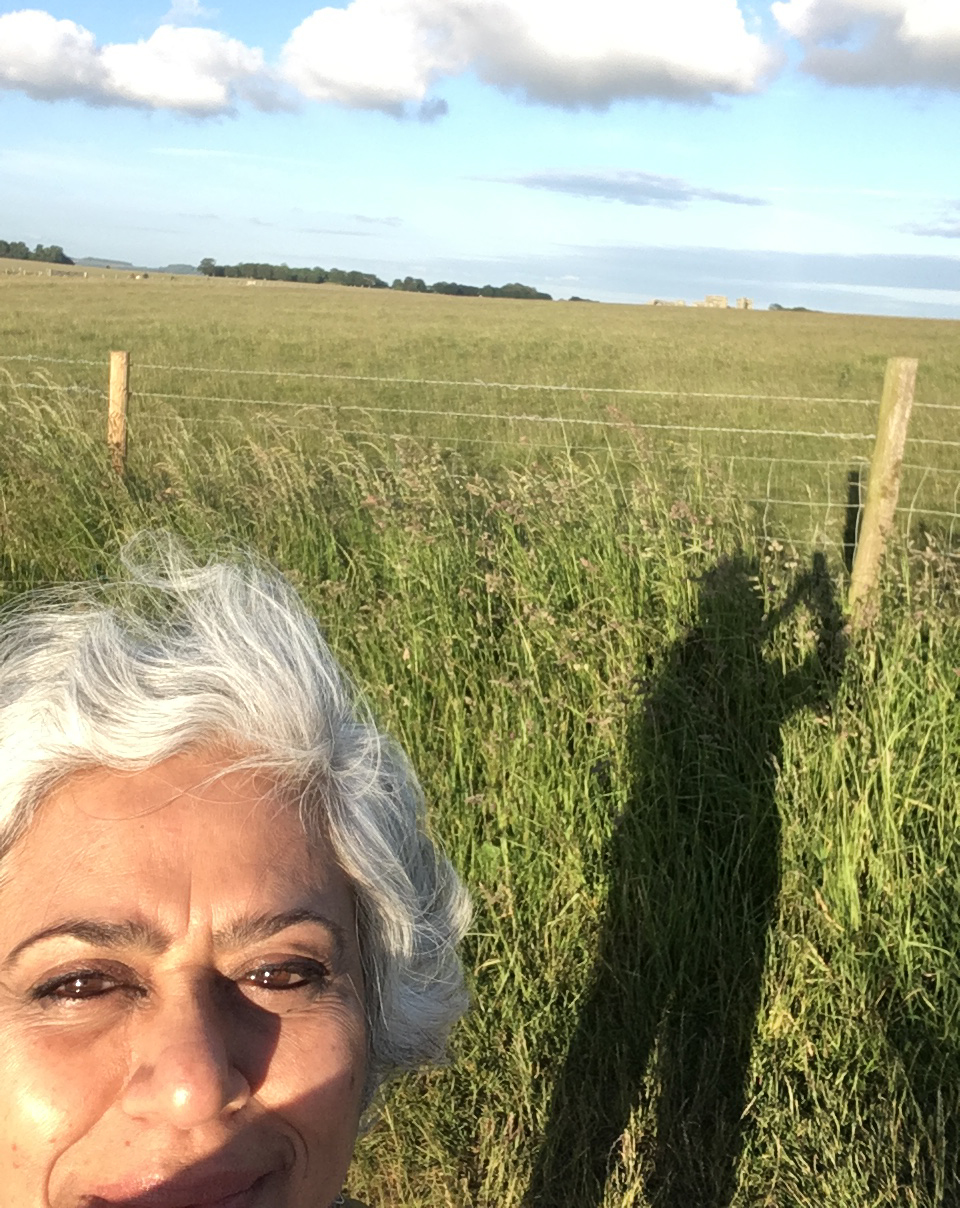
Professor Meena Dhanda
To do philosophy I left my home in Punjab, flying across continents to arrive at Oxford University as a Commonwealth Scholar for my doctoral studies, many years ago. The question of ‘identity’ attracted me. The journey was, and remains, exhilarating, for navigating philosophy never ceases to take one to unknown places. Our minds have an extraordinary reach. Our thoughts can connect worlds of ideas. I take a special interest in looking at the world from the perspective of the less privileged, people who suffer injustices and prejudices because others do not recognise their humanity! But I believe our identities are not fixed, we can become better people, freeing ourselves from all forms of narrow-mindedness. Philosophy guides us in this life-changing endeavour. As a socially engaged philosopher, I try to understand the meaning of social justice, dignity and freedom. To get an idea of my recent work see my essay on the ‘Philosophical Foundations of Anti-casteism’, on the list of the Best of Philosophy by OUP in 2020. Join us and together we can do radical philosophy to make the world a better place!
Dr Opinderjit Kaur Takhar- Associated professor
'Hi, I'm Dr Opinderjit Kaur Takhar MBE, an Associate Professor with specialisms in the Indian Religions, Philosophy of Religion and Fieldwork with Faith Communities. My research focus is on the lived experience of faith, at regional, national and international levels. Much of my work focusses on Panjabi communities - this includes the Sikh, Hindu, Buddhist and Ravidassia Panjabi communities, all of which are represented in and around Wolverhampton.
My inspiration to teach and research in Indian Religions comes from my fascination with the rich literary, historical and contemporary material we find in the Indian faiths and their belief systems, together with how these become practical on an everyday level. I place emphasis on taking my students on visits to the abundance of Gurdwaras, Mandirs, Viharas and Sabhas we have in Wolverhampton in order for students to gain first hand awareness of the lived experience that we hear from the practitioners at the places of worship. These provide ideal opportunities for students to understand faith outside of the textbook in all its diversity and colourfulness.'
.JPG)

Dr Paula Satne- Joint Course Leader and Senior Lecturer in Philosophy
I am a Senior Lecturer in Philosophy. My main area of research is ethics. I am particularly interested in both theoretical and applied issues related to human evil, the ethics of forgiveness and, more recently, the ethics of memory, including related themes in political philosophy (i.e. political forgiveness, commemoration, punishment and conflict resolution). I also have a longstanding interest in the history of ethics (i.e. Aristotle, Spinoza and Kant) and the intersection of ethics with philosophy of mind and with aesthetics.
My current research has two strands. In various recent articles, I have been developing a Kantian approach to forgiveness, exploring the relationship between forgiveness, moral development, justice and self-respect. Beyond Kant, lately I have been researching the relation between remembrance and forgiveness, drawing from contemporary literature in philosophy and other disciplines I have recently co-edited (with Krisanna Scheiter from Union College New York) a volume on Conflict and Resolution- The Ethics of Forgiveness, Revenge and Punishment (forthcoming with Springer). I am contributing a sole-authored chapter entitled "Remembrance beyond Forgiveness" and I have co-written the introduction. I am also a mum of two very active and energetic young boys. When I am not reading, writing and/ or teaching philosophy, I love to draw.
Dr Aled Thomas- Lecturer in Religous Studies
'I have been fascinated with PRE since my school days.'
I am a lecturer in Philosophy, Religion and Ethics (PRE) at the University of Wolverhampton, specialising in the study of new, everyday, and lived religions. I have been fascinated with PRE since my school days, especially due to the ways in which it allows us to critically approach and understand our shared world. My passion for the subject continued to grow throughout my time at University, particularly due to the fascinating nature of fieldwork, and the opportunity to take education outside the lecture hall.
At the University of Wolverhampton, we adopt a ‘lived religion’ approach to understand religion in the everyday life, rather than institutional projections of ‘what religion is’ from organisational hierarchies. Such an approach addresses crucial debates and issues of the 21st century – including the environment, politics, race, and capitalism.

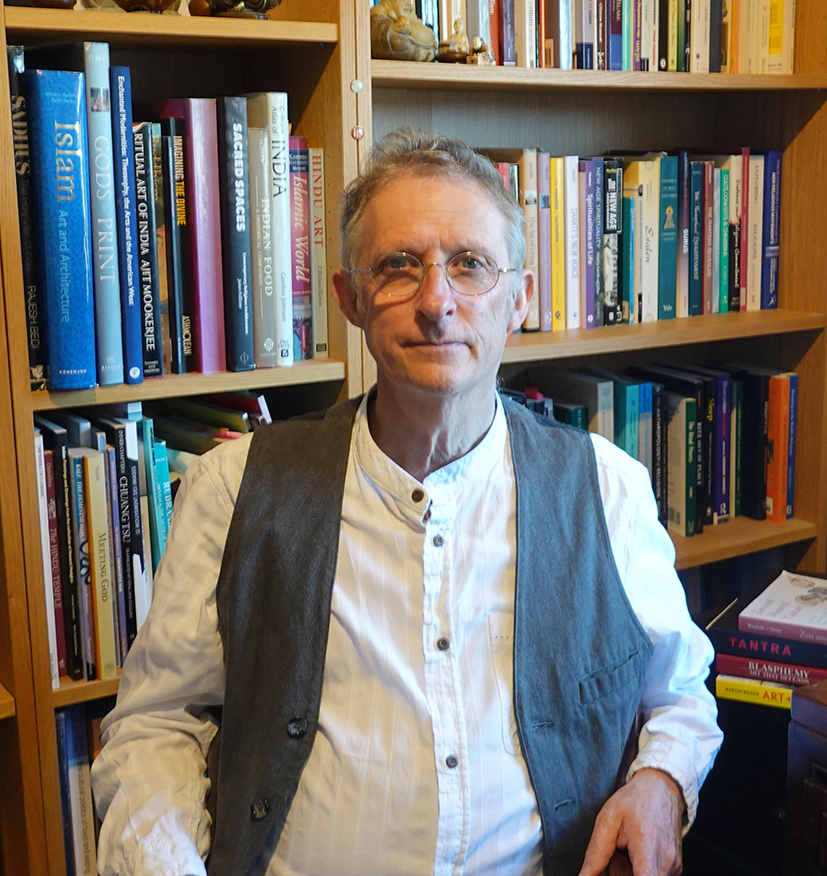
Dr Stephen Jacobs- Lecturer in Philosophy, Relgion and Ethics
In my late teens I travelled to South Asia and this started a lifelong fascination with the cultures and religions of India. On one of my many trips, I studied Hindu philosophy and yoga in a monastic community in north India. This inspired me to enrol on an undergraduate course in Religious Studies, which widened and deepened my understanding of not only the religions of India, but also other religious traditions. I continued with my postgraduate studies researching some of the ways that the Hindu traditions manifested in the late nineteenth and early twentieth centuries.
I have developed an interest in the ways that religious ideas are communicated. In particular I am interested in the ways in which religious ideas are expressed in the arts, media and popular culture. My focus is on religions as vibrant lived realities and consequently have an ethnographic approach to research. I have published a textbook on contemporary Hinduism. My most recent publication is an in-depth ethnography of a global meditation group called The Art of Living Foundation, which explores how Hindu ideas have become popular in the West and are often articulated in terms health and wellbeing.
I am currently a Leverhulme Research Fellow. This research project focuses on the Centre for Alternative Technology in mid-Wales , where I used to work. The research explores issues of sustainability and lifestyles. I am also interested in religion and the environment, in particular the ways that different religious traditions can contribute to the imperative to develop more sustainable ways of living
Karthick Ram Manoharan – Marie Curie Research Fellow
I identify myself as an academic working with theory and history and as a writer grappling with philosophy. Writing is both passion and profession to me, and I have disseminated my views in academic forums as well as popular media. Born in the South Indian state of Tamil Nadu, I have for long intellectually engaged with the egalitarian politics of the Tamil world. However, I do not restrict my pursuits to 'local' politics alone and I have invested much in the study of continental philosophers. Friedrich Nietzsche and Jean-Paul Sartre were the thinkers who triggered my interest in philosophy. Of late, I am increasingly attracted to GWF Hegel’s theory of freedom. My goal is to produce a work that will provide a robust defense of universalism in an increasingly fragmented world. I am a cinephile and I am fascinated by the works of the Japanese masters, especially Akira Kurosawa. I enjoy writing reviews of books and cinema in my spare time.
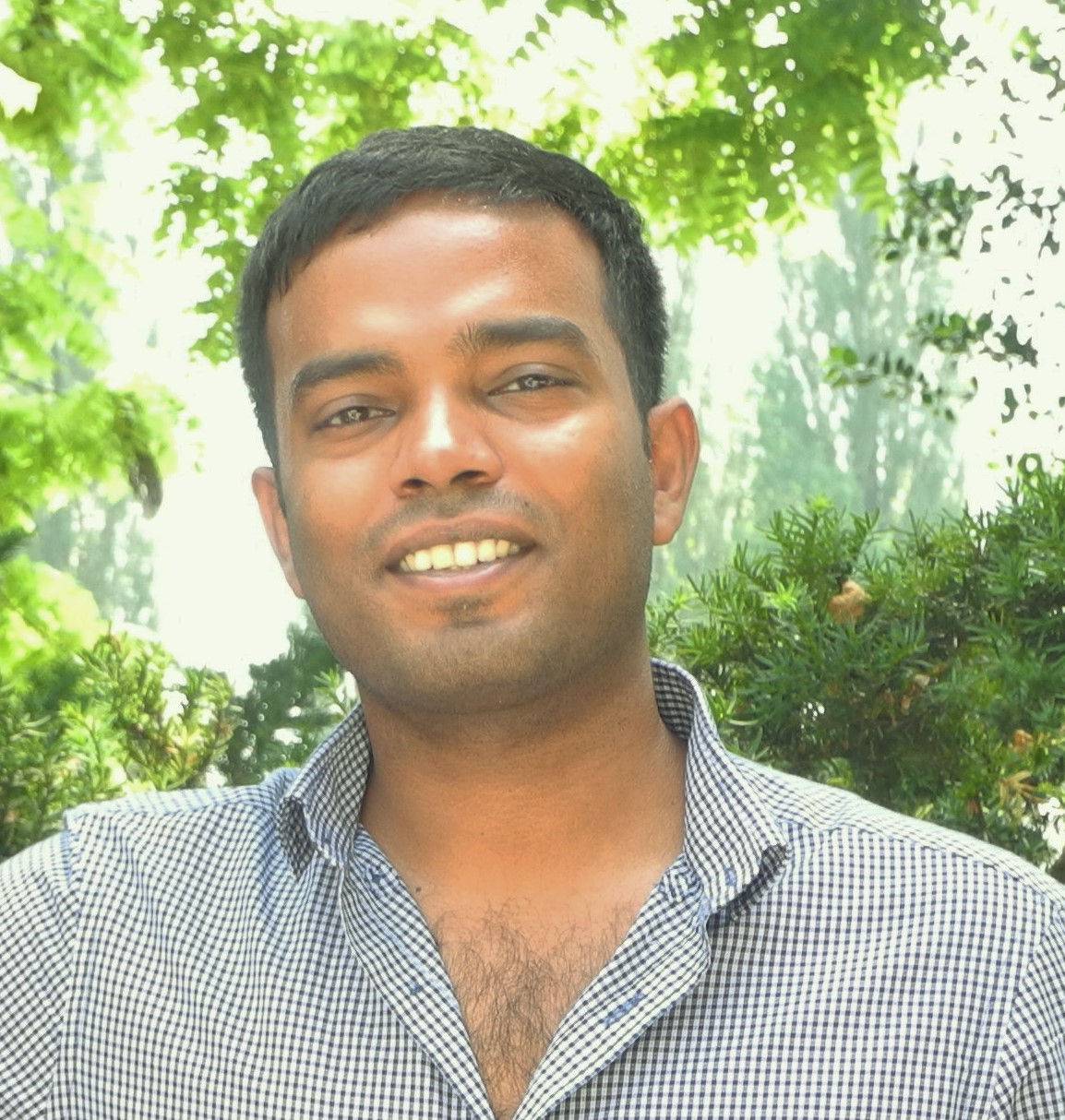


/prod01/wlvacuk/media/departments/media-and-communications/images-18-19/220325-Engineers_teach_thumbail.jpg)
/prod01/wlvacuk/media/departments/media-and-communications/images-18-19/BBR_logo_large.jpg)
/prod01/wlvacuk/media/departments/media-and-communications/images-18-19/Wolves-Story-Thumb.jpg)
/prod01/wlvacuk/media/departments/media-and-communications/images-18-19/220505-BAS9-School-Showcase-Resized.jpg)
/prod01/wlvacuk/media/departments/business-solutions/images/banners/business-we-back-you-500x250.jpg)